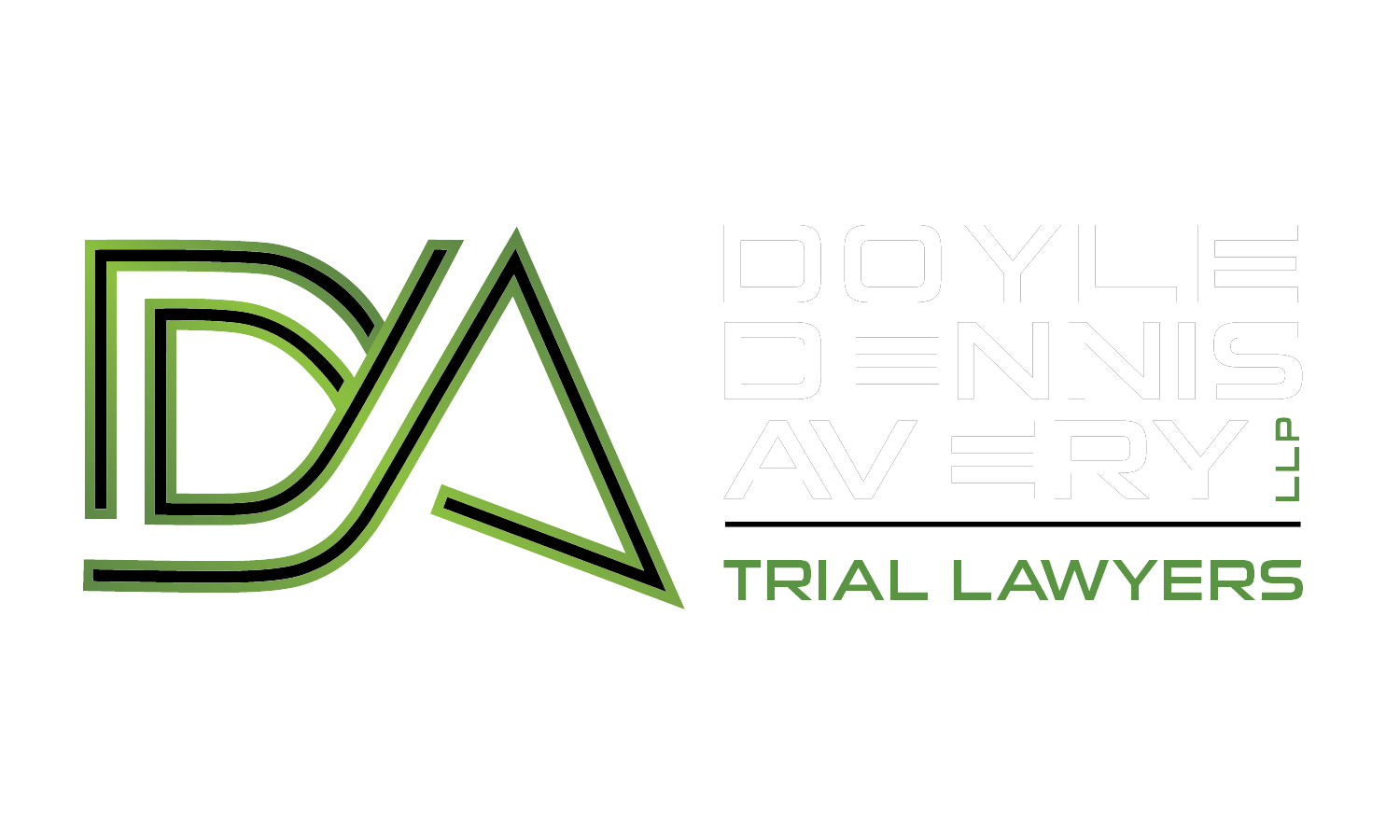
Anti-Money Laundering Whistleblower
Doyle Dennis Avery LLP represents whistleblowers who have reported federal money-laundering violations. Specifically, the anti-money laundering whistleblower program provides potential awards to whistleblowers who have reported these violations.
What is an Anti-Money Laundering Whistleblower?
Under federal law, the Department of the Treasury’s Financial Crimes Enforcement Network is the investigatory office charged with administering the Bank Secrecy Act. Under the Anti-Money Laundering Act and the Bank Secrecy Act, a whistleblower may provide information to the Financial Crimes Enforcement Network regarding violations of the Bank Secrecy Act. This may include violations regarding internal controls, compliance, inadequate information systems, operational execution problems, and, fraud.
Importantly, a whistleblower must provide original information – in other words, a report that was not publicly available or was the result of the whistleblower’s independent analysis if that information was not previously known to FinSEN.
How do I make a report?
Under AMLA, a whistleblower may submit information regarding a violation of the Banking Secrecy Act to the Department of the Treasury’s Financial Crimes Enforcement Network.
Can my report be anonymous?
Yes, so long as the whistleblower has hired an attorney. A money laundering whistleblower who hired an attorney may be able to proceed anonymously.
Do I have to be a U.S. citizen to file a claim?
No. Both citizens of the United States and foreign countries may file tips with the FinSEN.
Should I hire an attorney?
While a whistleblower can file a claim without hiring an attorney, there are some important advantages in hiring counsel. If an attorney submits a claim, the whistleblower may be able to stay anonymous. In addition, experienced attorneys will have greater knowledge of the legal requirements for submitting a claim and thus increase the likelihood that the claim is accepted.
What damages can I obtain?
Based on federal law, a whistleblower may eligible for up to 30 percent of the recovery made for monetary sanctions, so long as the sanction is over $1 million and based on the information provided by the whistleblower.
Copyright © 2025 Doyle Dennis Avery LLP Trial Lawyers. All rights reserved. Powered By Blue Beam LLC
The information on this website is intended for general informational purposes only and is not legal advice for any individual case or situation. Viewing or receipt of content on this website does not create an attorney-client relationship between the user and Doyle Dennis Avery LLP.
The cases, verdicts and settlements displayed on this site are solely for illustrative purposes and should not be considered a guarantee or prediction of the outcome of any other claims or cases. Each case is unique, and past outcomes are not indicative of future results.
We recommend that users consult with an attorney for legal advice on any questions or concerns they may have. Users rely on the information on this website at their own risk.
